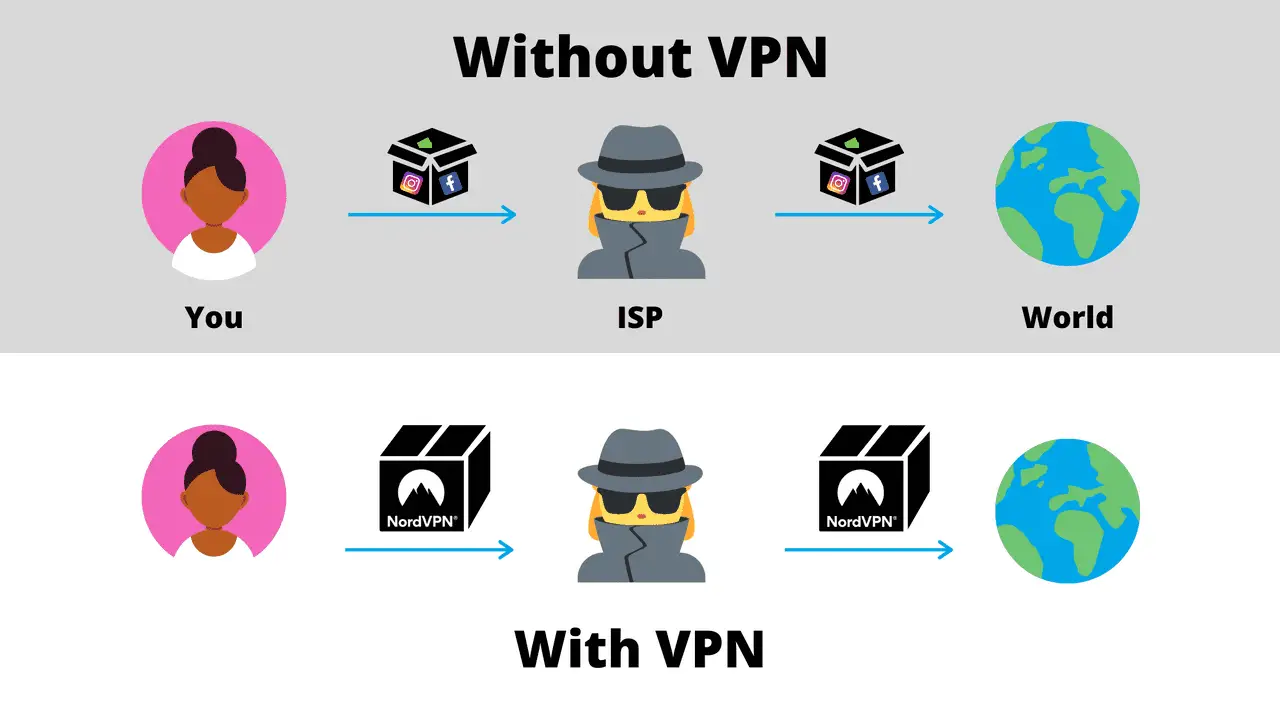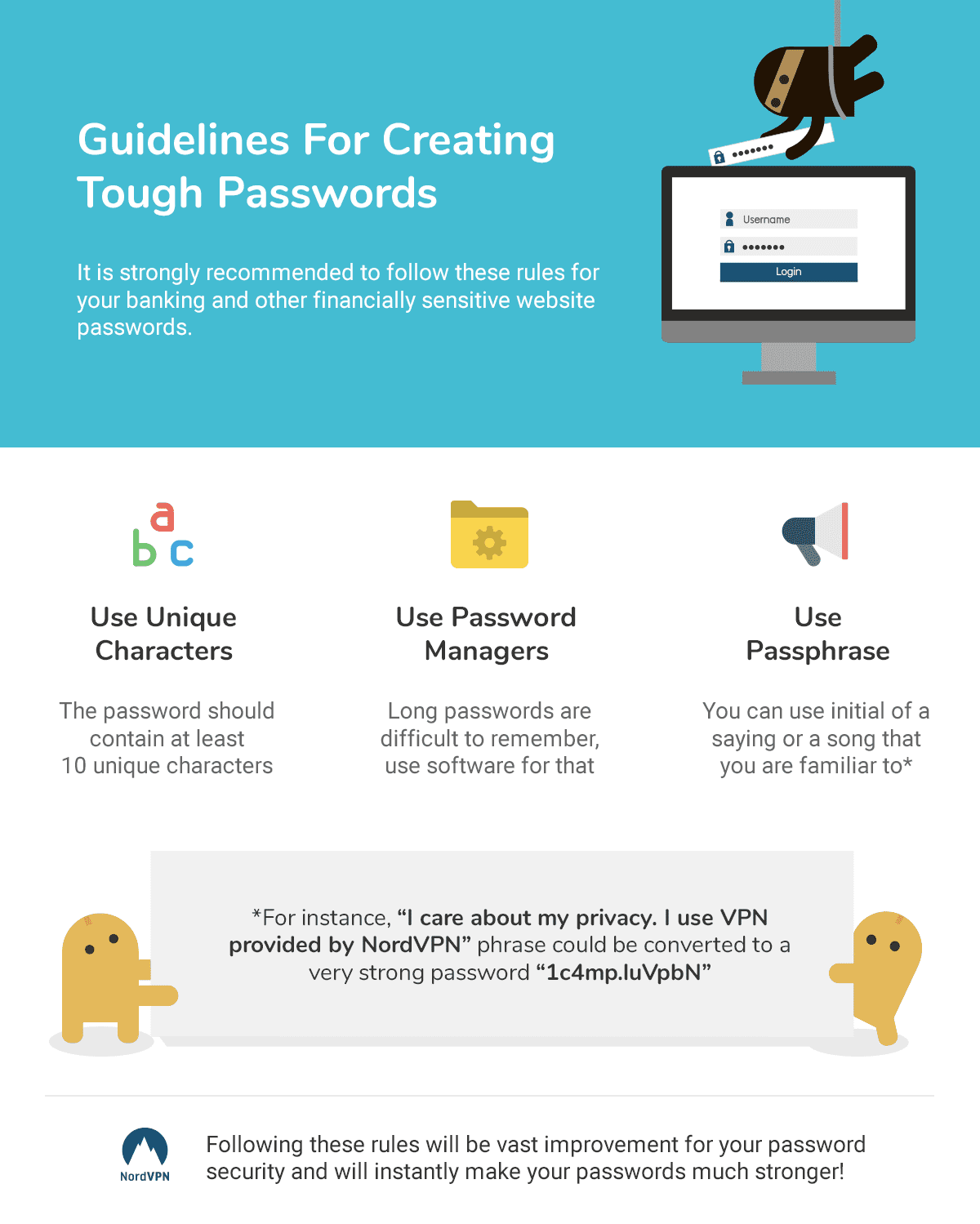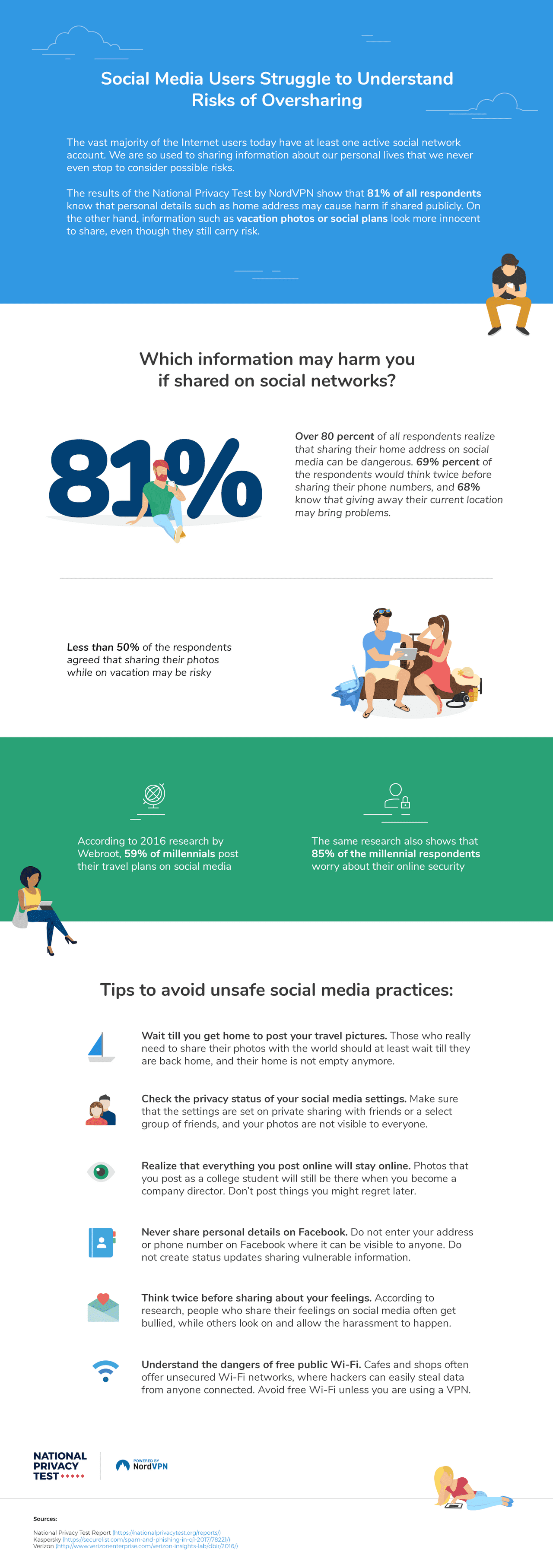Does a VPN Hide You from Your ISP? The Truth Revealed
6 min read by Bogdi
published 5 years ago, updated 4 years ago
Internet privacy is a pressing concern in the current Information Age, and unfortunately many people do not realize their vulnerabilities when using internet services and devices. Establishing a VPN, or a virtual private network, can increase the security of your personal information and data by using encryption.
While a VPN does afford more security and privacy during your internet usage, its effectiveness depends on the chosen provider and your purpose for using the VPN. If you want to protect your everyday data from being viewed or sold by your ISP or third parties, a reputable VPN is a great solution.

As current government administration has been dismantling FCC internet privacy laws in the past few years, it is more important than ever to understand how to protect yourself and your sensitive data. This article will help you understand not only how a VPN works, and how to choose the appropriate VPN for your needs, but also what it can and cannot protect you from. We’ll also discuss some other tips to help you safely and securely browse the web.
Basics of VPNs
A VPN works by acting as a proxy between you and the sites you are browsing. Rather than your ISP (Internet Service Provider) seeing you make a request to visit a certain site, they’ll see you make an encrypted request of your VPN which then gathers the site data for you.
Thus, the ISP does not view your activity directly.
This works well to hide your browsing history and the sites you visit. This is considered “low hanging fruit” for your ISP or others looking to sell or use your information for marketing purposes. If your information is well-protected, though, they will move on to another target.
But for more illicit or illegal content, law enforcement has extensive resources to track your network and has a much higher motivation to do so which is why VPNs do not always work to protect criminal activity.
Using a VPN from a reputable and verifiable source can help you hide:
- Your IP (Internet Protocol) addresses,
- Your geolocation,
- Personal data such as passwords and PINs (Personal Identification Numbers),
- Web searches, and
- Torrenting activity
This is especially beneficial when connecting to public Wi-Fi to keep your information safe from: Your ISP, The network, and Any potential hackers.
VPNs are also great for overcoming region-based services or censorship, such as Netflix or regional sports coverage.
It is important, however, to note that a VPN can only protect your security and privacy if you practice safe internet habits.
A VPN will not protect your activities from law enforcement investigations for illicit and illegal internet activities.
Websites on which you have accounts will still collect data, and VPNs do not protect you from insecure sites or downloaded malware and viruses.
You must still be conscientious and aware of which sites you give information to, and never click on links or emails you aren’t sure are safe.
Choosing a VPN
Another caveat to VPN usage is choosing an appropriate provider.
You will want to go with a VPN service which is trustworthy and secure, otherwise your information is available to that service just as it would be to an ISP.
Some of the free VPN providers out there have been caught selling customer data or have been the victim of hacking and data breaches.
Paid VPN services tend to be more reliable as they have a direct incentive to keep their customers satisfied and protected.
There are a couple options when it comes to setting up the most secure VPN for your devices:
- First is to purchase a VPN router or
- Install the VPN firmware on your existing router.
The latter option may require some technical know-how, but this option allows you to securely connect multiple devices without having to remember to turn on the VPN. This may be a better option for parents or grandparents who are not computer-savvy.
However, this option does not protect your devices when it comes to public Wi-Fi networks. It can end up being more expensive than purchasing a VPN-compatible router.
Sometimes use of a VPN can slow internet speeds, but this can be overcome by choosing a VPN server closer to your location or using wired internet connections.
The second option is to download VPN services individually on your devices.
For your computer, this would be software which runs in the background. VPN apps are available to use with tablets and smartphones. This option requires more setup and requires you to remember to turn on the VPN for each use.
Both are valid options, but the choice lies with the user’s specific needs.
Quick and Simple Security Tips
The security and efficacy of your VPN setup depends on you using safe internet practices.
While the convenience of auto-filling passwords and credit card information can be appealing, it is not worth the headache of having your bank account information or social security number sold to criminals. Make sure the provider of the auto-filling service is trustworthy!
In addition to VPNs, using antivirus software and firewalls present an added protective measure.
The same principle applies to these services, where paid providers are generally more trustworthy than free services.
Always be sure to update software when new versions come out.
Password Security

Having strong password security is one of the easiest ways to keep your information safe.
- Never use the same password twice and
- be sure to use a combination of capital and lowercase letters, numbers, and symbols.
This video gives a great step-by-step way to formulate strong, randomized passwords.
For particularly sensitive site data such as bank accounts, ecommerce, and email accounts it is wise to set up two-factor authentication to increase the security of your accounts.
Password managers are another easy way to add security across all your accounts.
These extensions help generate hard-to-crack passwords for every site you use and store them in a master account, with information either stored locally, or in the cloud of the provider.
Some password managers even offer notifications to tell you if your data was potentially breached.
Social Media
Social media accounts are one major area of the internet which VPN setups can’t fully protect you from the potential consequences.
While VPNs will stop your ISP from seeing your social media activity, sites such as Facebook and Instagram still collect any data you share on their platforms.
This is why it is important to keep your profiles on social media platforms private from public viewing, and only add people you know in real life.
Hackers often use social media to create fake profiles and gain information from users.
Even if you use these guidelines, avoid sharing too much personal information on social media. Any information you share could get in the hands of cybercriminals and be used to attack your accounts, or even send malware from your computer.

Online Shopping
Using a VPN while conducting online shopping can help keep your credit card or bank account information safe. Try to conduct any ecommerce through your home network’s VPN, or through your phone’s VPN app if you have it.
Never use public networks when inputting credit card information.
As stated before, autofill can be convenient but represents a huge security risk.
Don’t save your card details in your devices or ecommerce accounts and be sure to review your card transactions on a regular basis to spot any potential issues.
Be sure to only shop at known and trusted store websites. By simply being aware of what you are doing before you click, you can save yourself hours of headaches down the road.
Concluding Thoughts
Now that you are aware of the safest practices for browsing the web, be sure to use this information to protect yourself and your information. Share what you know with your friends and family to ensure they are up to date on what a VPN can and can’t do, as well as, safe internet practices, too.
Share this with your friends
Related Articles
Here are some articles you might be interested in:
What questions do you have?
I make sure to answer them as soon as possible!
- Copyright © 2020 YOU are safe online.
- All Rights Reserved.
